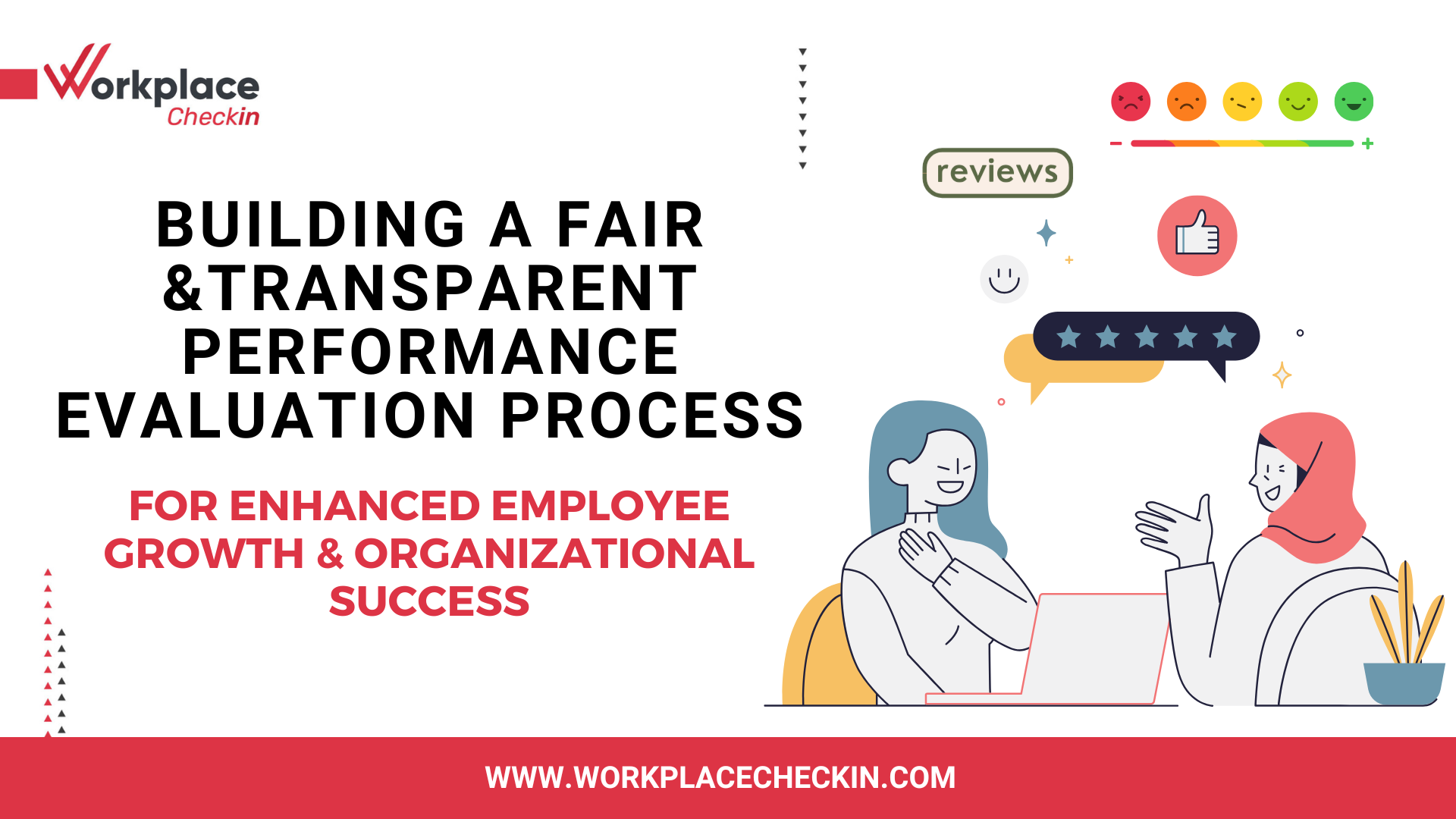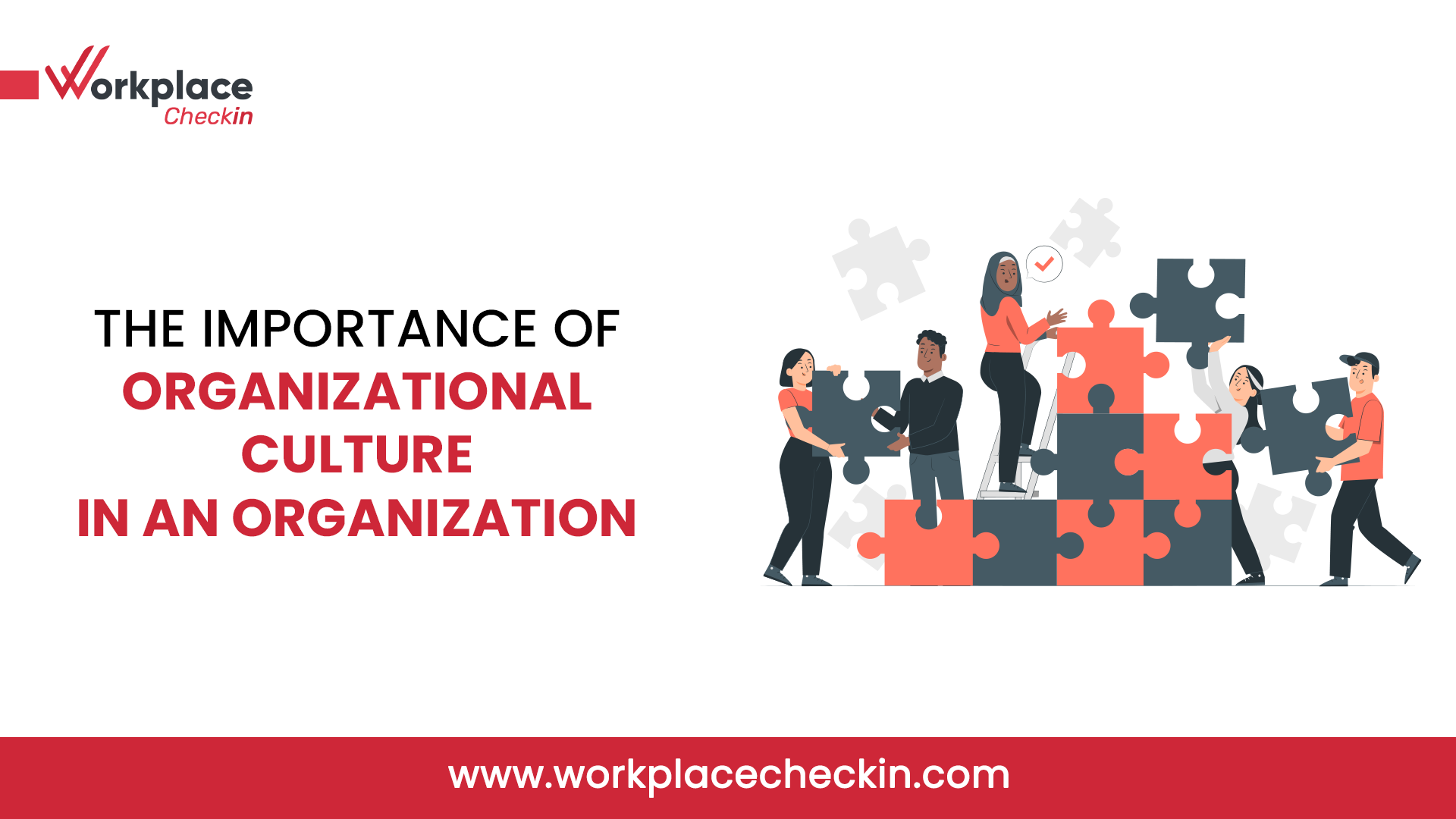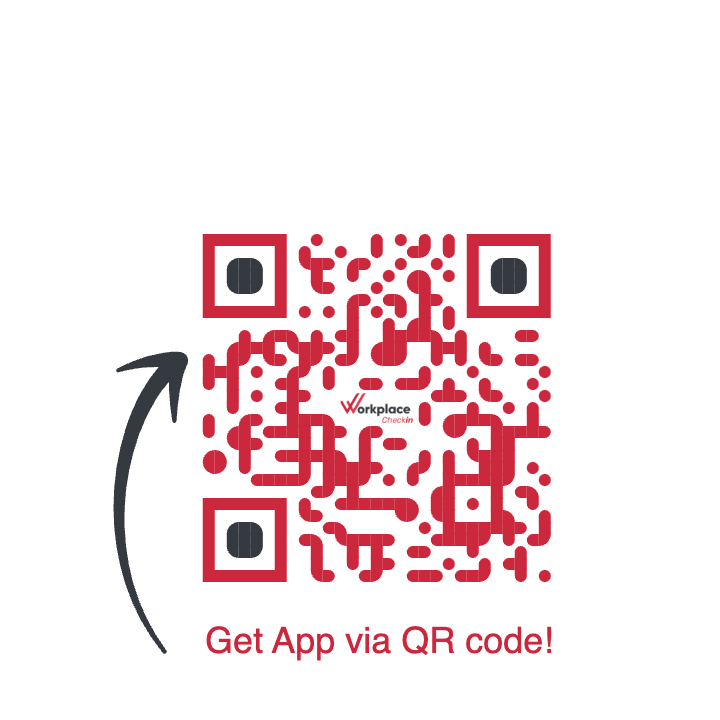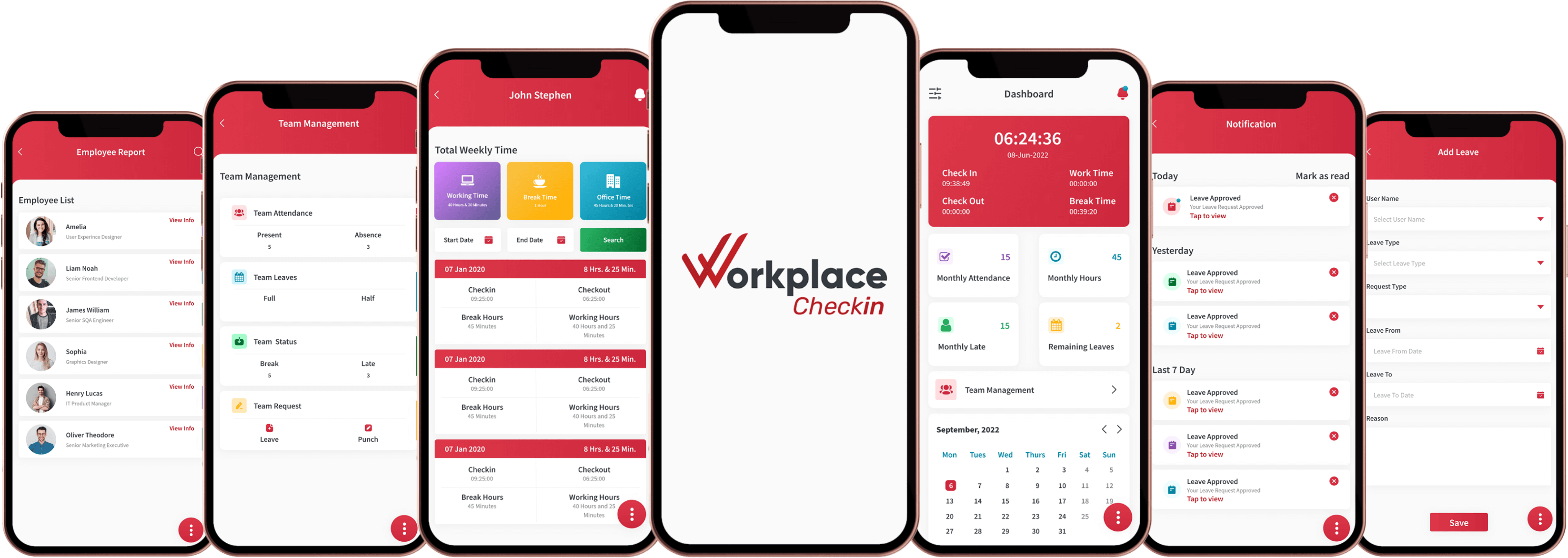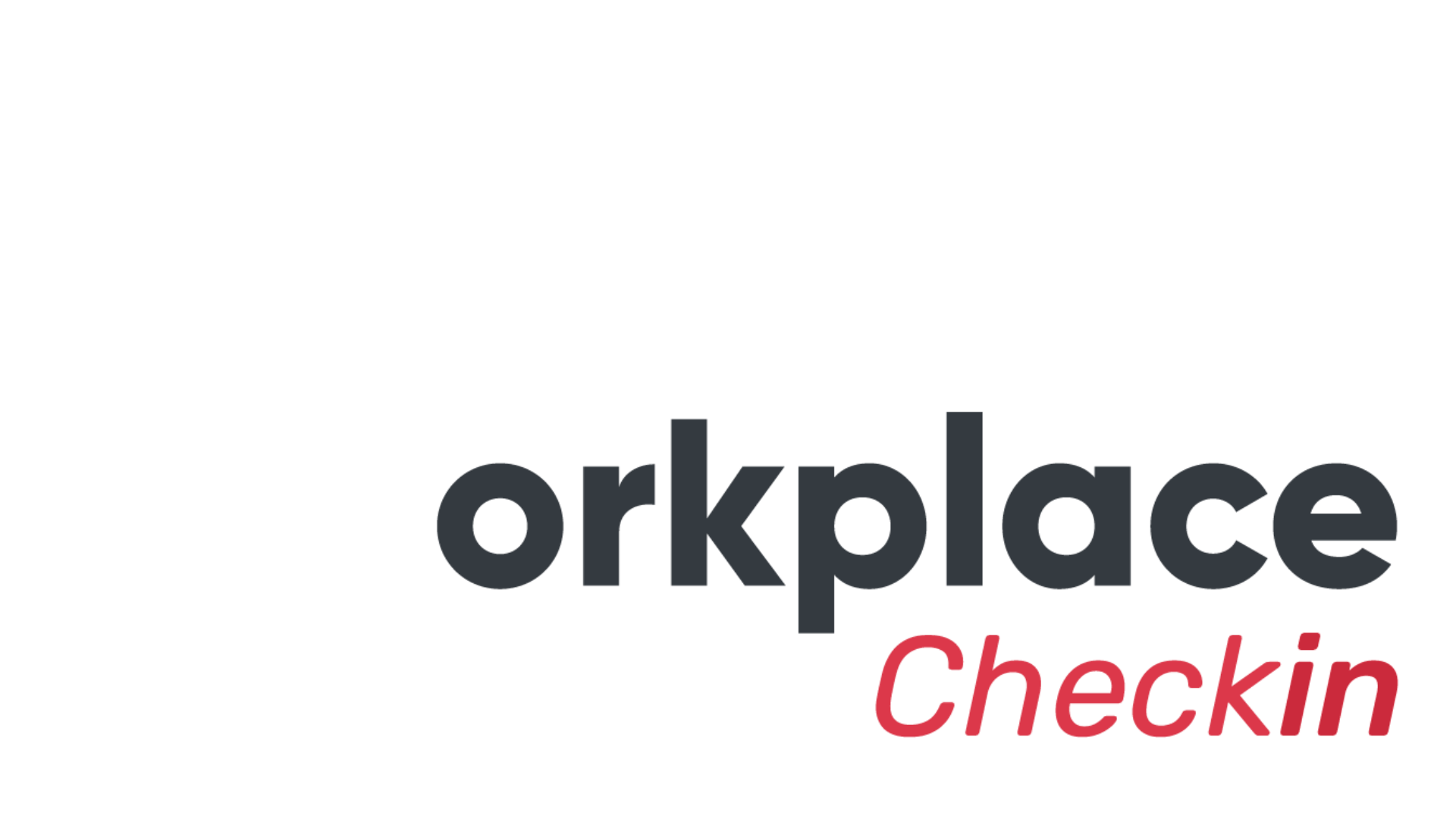

AI in HR: Navigating the Ethical Challenges
Introduction:
In the ever-evolving landscape of Human Resources, the integration of Artificial Intelligence (AI) has emerged as a transformative force. From streamlining recruitment processes to optimizing employee engagement, AI has brought unprecedented efficiency. However, as we venture into this era of technological revolution, it is imperative to navigate the ethical challenges that accompany the integration of AI in HR.
Opening the Pandora’s Box: A Real-Life Tale
Consider the case of Company X, a global conglomerate that embraced AI in HR to enhance its recruitment strategy. The algorithm was designed to analyze resumes, identifying the most suitable candidates based on predefined criteria. Initially, the results were promising, with a significant reduction in hiring time. However, the jubilation was short-lived.
Upon closer inspection, it became evident that the algorithm exhibited bias, favoring candidates from certain demographics over others. The realization sent shockwaves through the organization, prompting a reevaluation of their AI-driven recruitment strategy.

The Statistical Dilemma: Bias in AI
Statistics, while a powerful tool, can become a double-edged sword when infused into AI algorithms. In the case of HR processes, biased data inputs can lead to discriminatory outcomes. For instance, if historical hiring data reflects gender or racial bias, the AI system may inadvertently perpetuate these biases, hindering diversity and inclusion efforts.
A study by a renowned research institute revealed that AI-driven recruitment tools tended to favor male candidates in the tech industry. This stark revelation prompted a wave of introspection across the corporate sector, forcing companies to confront the ethical implications of their reliance on biased algorithms.
The Transparency Quandary: Decoding the Black Box
One of the ethical challenges associated with AI in HR lies in its inherent opacity. Many AI algorithms operate as 'black boxes,' making it challenging to comprehend the decision-making process. This lack of transparency raises concerns about accountability and fairness, leaving employees and job candidates in the dark about the factors influencing their professional fate.
To address this, progressive companies are pushing for algorithmic transparency, advocating for understandable and interpretable AI systems. Transparency not only fosters trust among employees but also allows organizations to rectify and improve their algorithms continuously.
Data Privacy Predicament: Balancing Innovation and Protection
As AI in HR relies heavily on data analytics, the issue of data privacy looms large. Companies often gather vast amounts of personal information to train their AI systems, raising questions about the ethical use and storage of this sensitive data. Striking a balance between harnessing the power of AI for HR innovation and safeguarding individual privacy is a delicate task.
A recent survey revealed that a staggering 78% of employees expressed concerns about the use of AI in HR compromising their privacy. Addressing these concerns requires the establishment of robust data protection policies, ensuring that AI applications adhere to ethical standards while delivering value to the organization.
The Human Touch: Redefining AI’s Role in HR
Amidst these ethical considerations, it is crucial to remember that AI should complement, not replace, the human touch in HR. The essence of human resources lies in understanding the unique needs, aspirations, and challenges of individuals. AI should serve as an enabler, facilitating HR professionals in making more informed and unbiased decisions.
Companies like Company Y serve as an exemplary model. They have embraced AI in HR not as a standalone solution but as part of a broader strategy that places human values at its core. Their AI algorithms work alongside HR professionals, offering insights and recommendations that augment human judgment rather than supplanting it.
Conclusion: Navigating the Moral Compass
As we navigate the uncharted waters of AI in HR, the onus is on organizations to uphold ethical standards. Real-life examples, like those of Company X and Company Y, underscore the importance of continuous evaluation, transparency, and a human-centric approach in deploying AI in HR processes. It is not merely a question of adopting technology for efficiency but of doing so with a keen awareness of the ethical implications that accompany this transformative journey.
In this dynamic interplay between technology and humanity, ethical considerations serve as the moral compass guiding organizations towards a future where AI augments the capabilities of HR professionals without compromising the values that define the essence of human resources.
Address bias in AI algorithms, decipher transparency issues, balance data privacy concerns, and discover how organizations can ensure AI complements, not replaces, the human touch in HR decision-making.
